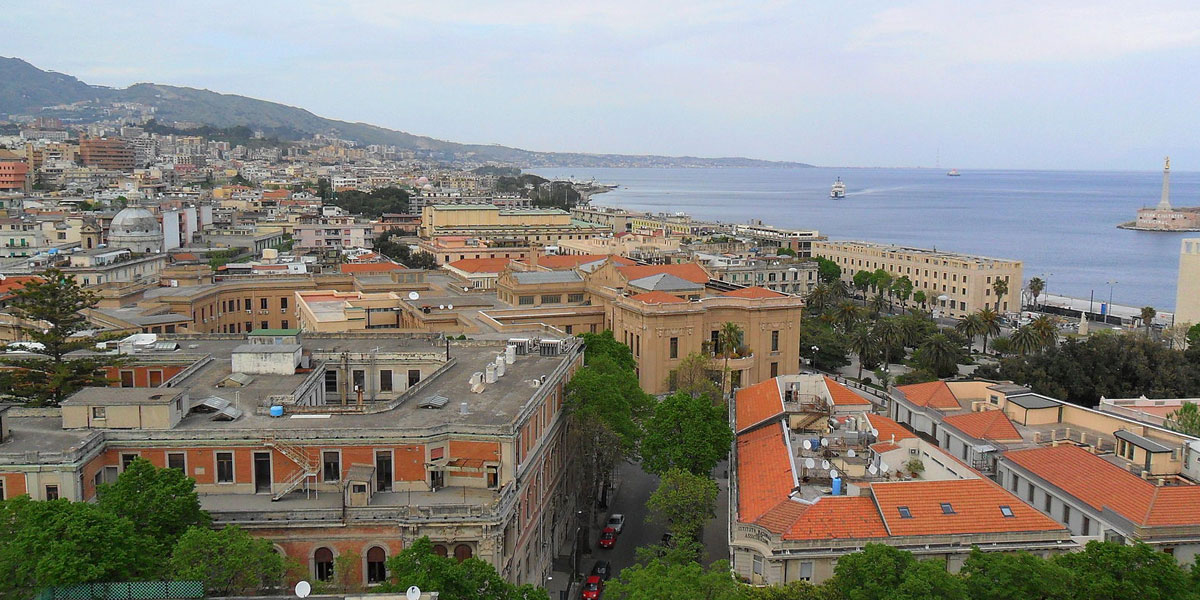Messina has a long history of trade and migration. Its’ early history reflects that of Sicily more generally and it has developed through waves of occupation, invasion and settlement from Greek settlement, Roman rule, Byzantine invasion, Arab rule and Norman occupation. It is a place with layers of history and culture going back into antiquity.
Messina has a total population of 234,293, with 5.1% (11,885) of inhabitants registered as non-Italian. The main origin of migrants is Sri Lanka, the Philippines and N. Africa- mainly Morocco. Messina is an arrival city and key transit point for Europe, particularly for migrants crossing the Mediterranean from Libya to Italy. Between January 2016 and May 2017 more than 18,000 people have arrived by boat including 2,925 unaccompanied minors. About 2,000 unaccompanied children are currently in care in Messina.
The management of refugee arrivals is through a two-stage reception system. Stage one deals with immediate issues including identification and registration by police, health screening and emergency accommodation in camps. Messina provides 450 places for adults in different camps located in the City. Stage two is focussed on supporting migrants who wish to stay in Italy, known as SPRAR (System for Protection for Refugees that seek Asylum). This is focused on integration, accommodation and employment.
Messina was a member of the URBACT Action Planning Network Arrival Cities and as a result has recently adopted an Integrated Action Plan for a Multicultural, Smart, Inclusive City. The development and adoption of anti-Rumour activities fits neatly with in this IAP and is part of it’s implementation. Additionally, Messina recently joined the Council of Europe’s Intercultural Cities network.







